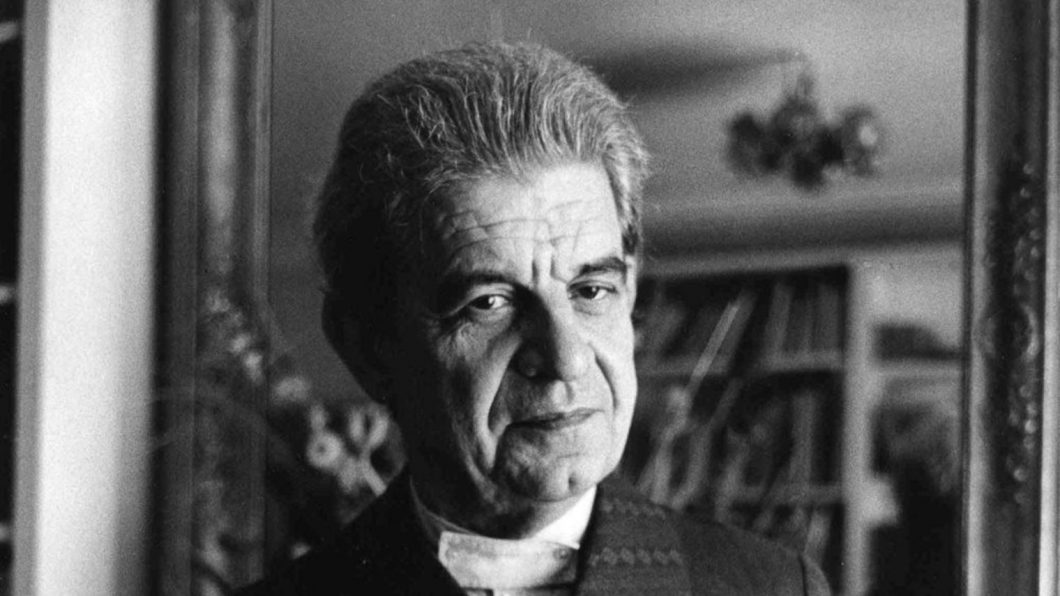
Philosophers continue to wrestle with Freudian psychoanalysis.
Case in point, Rudolf Bernet, a French thinker. In 2013, Bernet wrote a book on the subject which was widely praised, but which has only just now been translated into English under the title Force, Drive, Desire: A Philosophy of Psychoanalysis, and published by the Northwestern University Press, focusing on Freud on the one hand and Lacan on the other.
I'm looking today at a review of the book in the Notre Dame Philosophical Reviews, which tells me that one of Bernet's purposes is to create a philosophical etymology of the idea of "drive," or as Freud would have written it "trieb," from Aristotle to the point at which Freud and later Lacan picked up on it. [And since Freud's image is all to familiar, I have provided one of Lacan above.]
If I can trust the reviewer -- Daniel J. Smith of the University of Memphis -- Bernet has a Heideggerian background. This means he "belongs to that tradition of philosophy that is deeply invested in overcoming metaphysics, and he sees this book as contributing to that project in its own way."
So, if I get it at all, force is a metaphysical construct. That means it must be overcome. Freudianism is a building-upon of this concept. That means that it, too, must be overcome.
More power to him, then.
Freud himself wanted to overcome metaphysics, writing to a friends that one day it would be "condemned as a nuisance." But Bernet's point seems to be that the devil doesn't have to be worshipped, or even acknowledged, in order to be served. Freud served the purpose of the continuation of metaphysics despite his contrary protestations.
Comments
Post a Comment